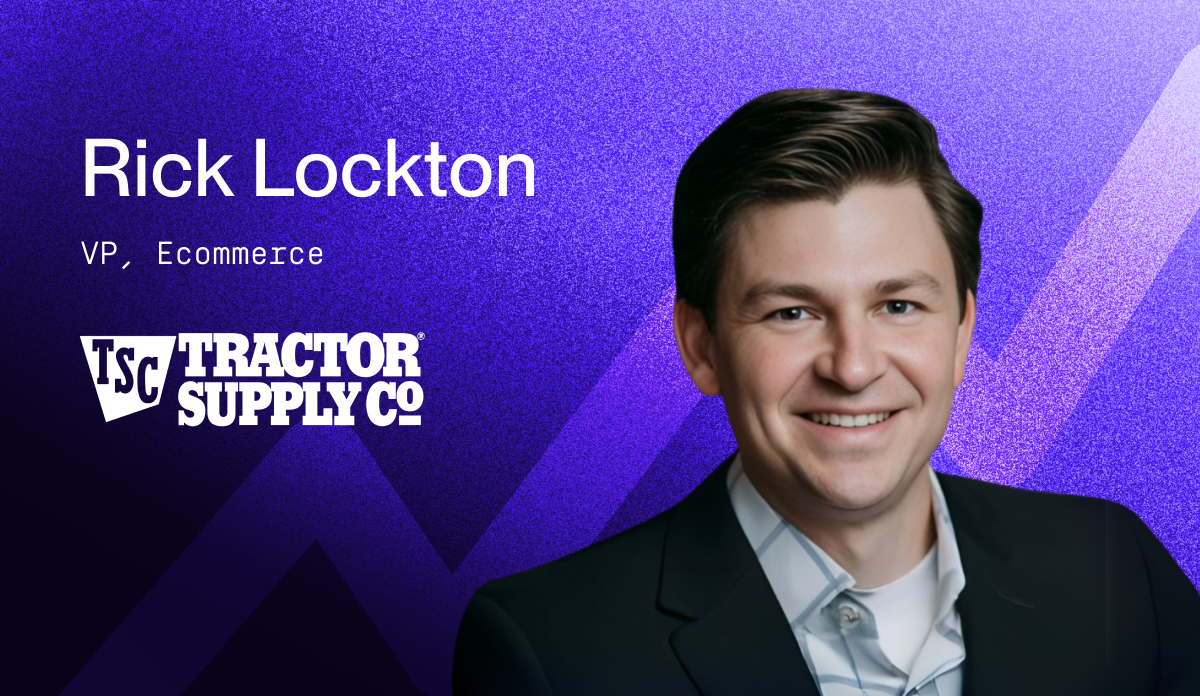Scaling smarter: How Kibo Commerce’s agentic AI is redefining ecommerce
.png)
Get the full episode here
Published by Noibu | The Ecommerce Toolbox: Expert Perspectives
Guest: Ram Venkataraman, CEO of Kibo Commerce
Host: Kailin Noivo, Co-Founder at Noibu
🎧 Listen to the full conversation on Apple, Spotify, or YouTube
AI is a new operating model — not a bolt-on
Kibo Commerce CEO Ram Venkataraman doesn’t treat AI as a widget. He treats it as the backbone of how modern commerce operates.
“AI isn’t a feature—it’s a foundational enabler. The next generation of companies will scale with completely different cost structures than where we are today.”
For CEOs, the challenge is clear: double the business without doubling headcount. That’s the lens behind Kibo’s agentic strategy.
The agentic commerce framework: Engage, Configure, Explain, Tune
At ShopTalk, Kibo introduced an AI framework built on four agents that meet both shoppers and operators where they work:
- Engage — A pre- and post-purchase conversational agent on the brand’s site for guided discovery, self-service, and support.
- Configure — Say the rule, don’t click the 50 screens. Set up promotions, inventory, and orchestration using natural language.
- Explain — Converts logs and rules into human-readable answers: why this order routed, why that promo applied.
- Tune — Auto-optimizes the platform to lower operational cost and improve performance.
Under the hood, it’s powered by Google Gemini and orchestrated with MCP, so agents can work inside Kibo or alongside other platforms in a composable environment.
Composable and decomposable: the Goldilocks zone
Kibo is in the MACH Alliance, but Ram cautions that pure “composable” often leans too developer-heavy. Enterprises need business-user productivity on day one—with the freedom to decouple later.
Kibo’s stance: start unified (ecommerce + OMS + subscriptions), then decompose specific services (e.g., search, CMS) without replatforming.
That’s how complex merchants like Ace Hardware, Zwilling, and Al-Futtaim Group simplify operations and cut total cost of ownership.
Build vs. buy in the AI era
With overlapping microservices across ecommerce, OMS, and subscriptions (catalog, pricing, promotions), Kibo prefers build where it has domain expertise and partner where it doesn’t—like embedding EDI via Orderful for dropship.
Why not buy? Because AI accelerates building while M&A slows teams down with integration drag.
Adoption: top-line first, ops second
Today, demand clusters around Engage (customer-facing revenue).
As teams see the time-to-value gains, Configure and Explain adoption rises—shortening setup and troubleshooting from weeks to minutes.
Will LLMs replace commerce platforms?
Short answer: no. LLMs still need to honor complex pricing, promotion, tax, and routing logic.
Think of LLMs as another headless client calling platform APIs (or MCP servers), not a platform substitute.
Search may commoditize, but the commerce brain remains essential.
Ram’s bottom line
Scaling isn’t just about hiring more—it’s about thinking differently.
The next wave of ecommerce leaders will run smarter cost structures powered by agentic AI that drives productivity, personalization, and speed. The winners will treat AI as the foundation for every customer and operational experience.
Noibu’s take: turning insight into uptime (and revenue)
Elite ecommerce teams don’t just add AI—they operationalize it. Noibu uses AI to identify, prioritize, and resolve site issues that quietly kill conversion.
If your mandate is “scale without extra headcount,” eliminating hidden friction is the fastest ROI you’ll find.
Listen to the full episode now



.avif)
.png)